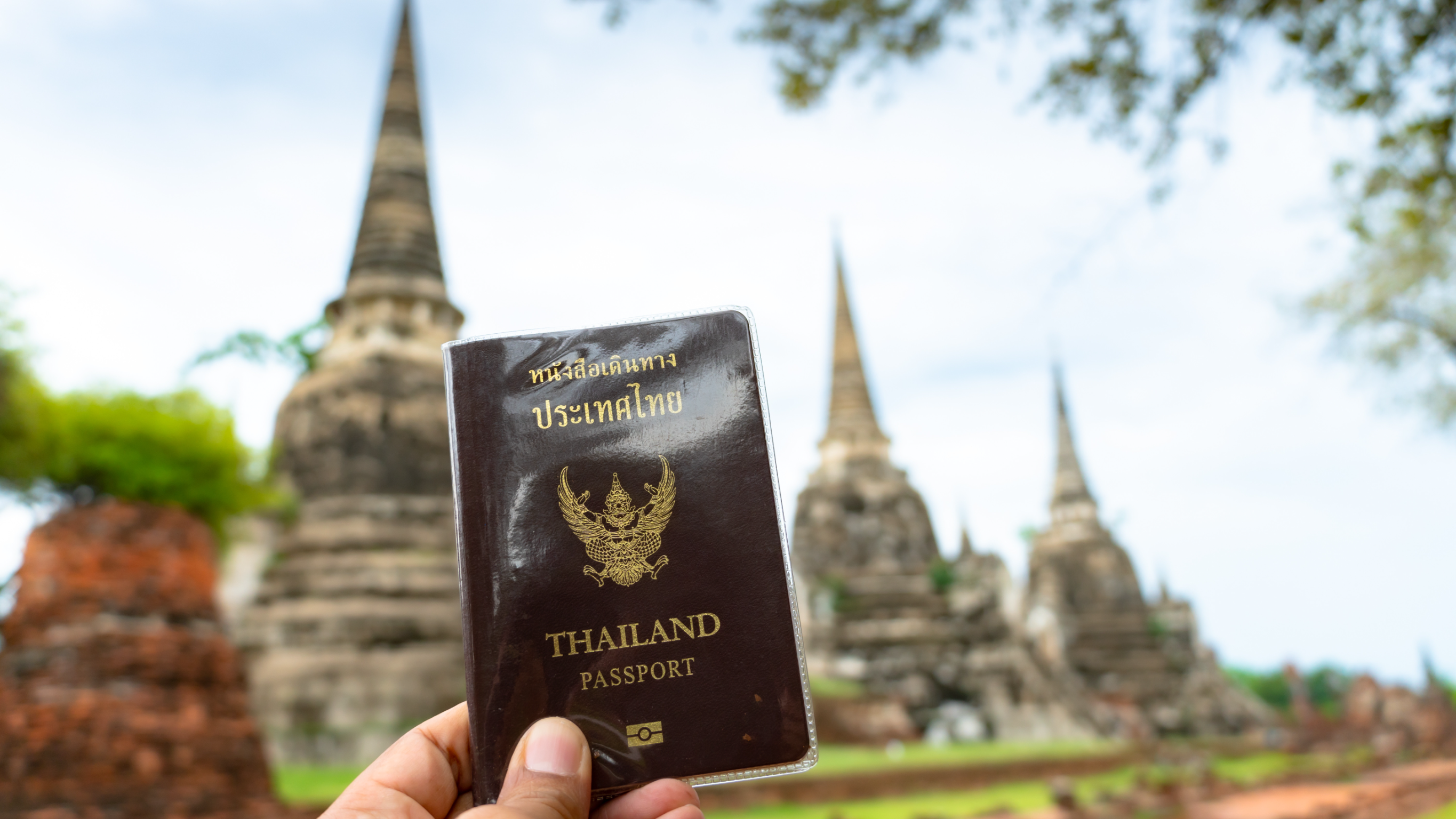
In an era where global mobility is increasingly pivotal, Thailand and Australia have taken a significant step towards fostering closer ties and encouraging travel between nations. This development marks a new chapter in international relations and travel, emphasising the importance of cultural exchange and economic collaboration in today's interconnected world.
As we navigate the complexities of international travel, the recent announcement from Thailand and Australia serves as a beacon of progress and mutual understanding. The two countries have decided to scrap visa requirements for each other's citizens, which promises to enhance tourism, business, and cultural exchanges.
Understanding the Decision
Background of the Agreement
This groundbreaking decision didn't come overnight. It is the culmination of extensive negotiations and discussions, focusing on both nations' mutual benefits of visa-free travel. Such an agreement is poised to simplify the travel process, making it more accessible and inviting for tourists and business travellers.
Benefits for Travelers and Businesses
Visa-free travel between Thailand and Australia means citizens can explore each other's countries more freely. For travellers, it opens up new opportunities for adventure, relaxation, and cultural immersion. It facilitates smoother operations, meetings, and business collaborations, contributing to more robust economic ties.
Impacts on Tourism and Economy
Boost in Tourism
One of the most immediate effects of this decision will be a significant boost in tourism. Thailand and Australia are renowned for their unique attractions, and easing visa requirements is expected to increase the number of visitors, benefiting local economies and industries.
Economic Growth
Removing visa barriers will likely lead to an uptick in business travel, investments, and economic partnerships. This enhanced connectivity will support the growth of various sectors, including hospitality, retail, and services, further strengthening the economic bonds between the two countries.
Cultural Exchange and International Relations
Fostering Cultural Understanding
Beyond the economic and tourism benefits, this visa agreement will enable a richer cultural exchange. More people travelling between Thailand and Australia means more opportunities for sharing traditions, languages, and experiences, fostering a deeper mutual understanding and respect.
Strengthening Diplomatic Ties
Such agreements are a testament to the strong diplomatic relations and mutual trust between nations. By facilitating more accessible travel, Thailand and Australia are not just removing physical barriers but also building bridges of friendship and cooperation.
Looking Ahead: The Future of International Travel
A Model for Others
Thailand and Australia's decision could be a model for other countries considering similar arrangements. It highlights the potential benefits of easing travel restrictions for the countries involved and global connectivity and understanding.
Challenges and Opportunities
Although the choice represents a major advance, it presents challenges, such as ensuring security and managing increased travel volumes. However, these challenges also present opportunities for innovation in travel management and security protocols.
Conclusion
The move by Thailand and Australia to eliminate visa requirements for each other's citizens is a landmark decision in international travel. It symbolises a commitment to fostering cultural exchange, economic growth, and diplomatic ties. As we look to the future, it is clear that such initiatives bring countries closer and contribute to a more connected and understanding world.
FAQs
What does visa-free travel between Thailand and Australia mean for tourists?
This means that tourists can travel more freely and easily between the two countries, enhancing their travel experience.
How will this decision affect business between Thailand and Australia?
It will facilitate smoother business operations, meetings, and collaborations, likely boosting economic ties.
What are the benefits of this visa agreement beyond tourism and business?
The agreement fosters cultural exchange and strengthens diplomatic relations between Thailand and Australia.
Could this agreement serve as a model for other countries?
Yes, it highlights the benefits of easing travel restrictions and could inspire similar agreements elsewhere.
What challenges might arise from this decision, and how can they be addressed?
Challenges include ensuring security and managing increased travel volumes, which can be addressed through innovation in travel management and security protocols.